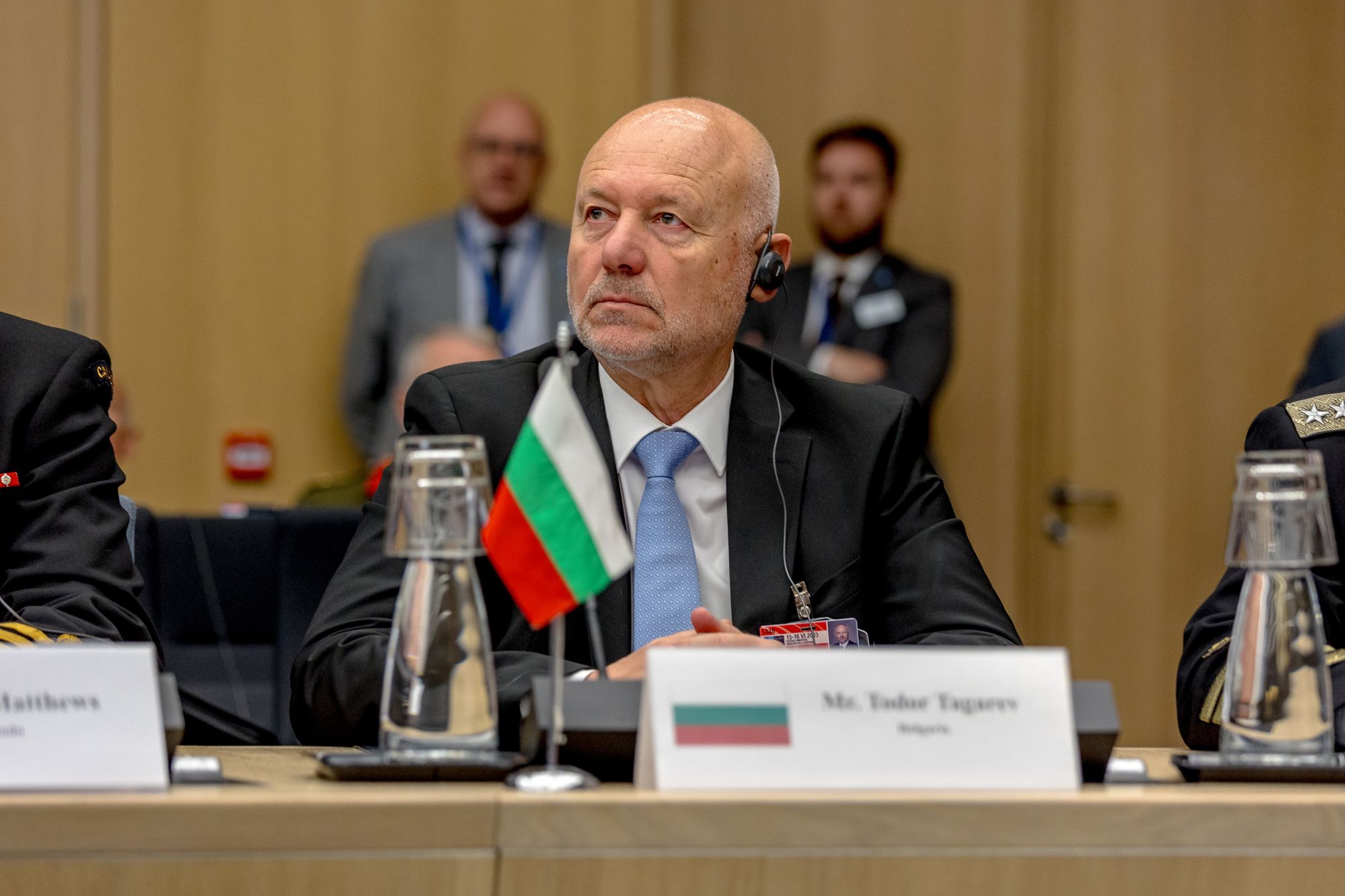Zelensky argues with Bulgarian president over his opposition to arming Ukraine

During his July 6 visit to Sofia, President Volodymyr Zelensky argued with Bulgarian President Rumen Radev over his negative stance on arming Ukraine in a televised meeting cited by Politico.
At the meeting, Radev claimed "there was no military solution" to Russia's war in Ukraine and that "more and more weapons will not solve it." Zelensky replied by asking Radev what he would do if faced with Moscow's invasion.
"You would say: Putin, please grab Bulgarian territory? No, you, as a real president, I am sure you would not allow a compromise with your independence," said Zelensky. "It is your right not to support aid to Ukraine. But I would really like you to understand me correctly."
Radev has consistently opposed providing Ukraine with large-scale defense assistance. He has been accused of having a pro-Moscow stance and once called Crimea "Russian" during a 2021 presidential debate.
According to Politico, Zelensky also criticized the Bulgarian president for describing Russia's all-out war against Ukraine as "a conflict." He dismissed Radev's suggestions for a "diplomatic fix," arguing that military aid to Kyiv is a better option than letting "the war come to you."
"Ukraine and NATO should have shared values. It can't be otherwise," Zelensky added, as cited by the media outlet. "You cannot support Russia and support a balancing position because Russia wants to destroy NATO, wants to destroy Europe and the European Union; these are their goals. Do you get me?"
As described by Politico, Radev seemed "flustered" during Zelensky's speech and eventually said he had a proposal but asked TV crews to leave the meeting.
Earlier on July 6, Zelensky arrived in Bulgaria to discuss military support and the NATO summit, among other key topics. The two countries' leaders signed a joint declaration in support of Ukraine's move toward NATO membership.
Unlike Radev, Bulgaria's new pro-European government under Prime Minister Nikolai Denkov openly supports arms supplies to Ukraine. Bulgaria announced its second military aid package for Ukraine on June 27 without specifying its content.












